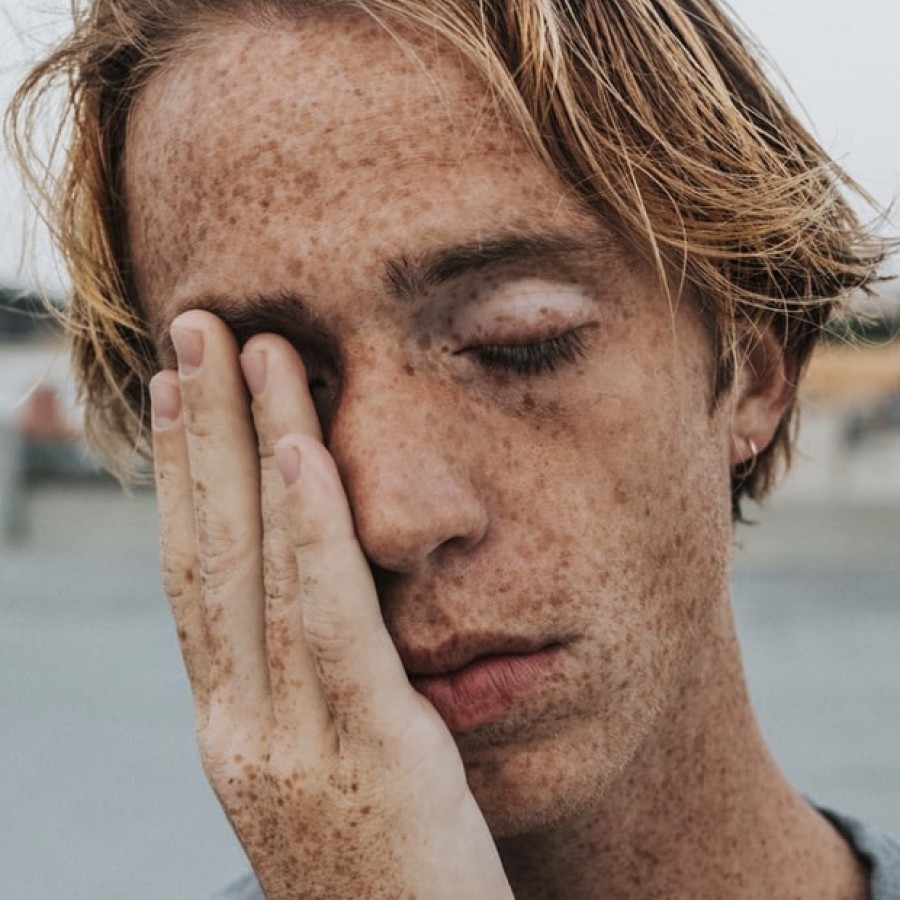During the school year, sleep is often neglected or sacrificed for studying. However, a lack of sleep plays a detrimental role to a student’s academic performance in school. Not only that, but if a person neglects sleep on a regular basis, sleep deprivation can take a toll on a deeper level.
Senior Maddie Hamborg admitted to unregulated mood swings whenever she does not get enough sleep. “I tend to become upset easily and annoyed with people as well,” Hamborg said. “I typically doze off and forget information if I don’t sleep enough.”
Sleep deprivation does not just affect people mentally. A study wanted to test how the effects of sleep can make people more susceptible to pain. Each group randomly took a placebo or codeine, a drug used to decrease pain by increasing the threshold of pain. The experiment came to a conclusion that the codeine wasn’t effective in the sleep deprived group. In fact, the sleep deprived group was more sensitive to pain.
Similar results from a different study group discovered the relationship between and pain. The subjects in the experiment were tested on the hours of sleep each group got. After scientists measured each subject’s pain tolerance. The data revealed that higher amounts of sleep is linked to decreased levels of pain sensitivity. There are lots of studies like this, so sleeping away pain might be a thing.
Junior Ryan Saddler has encountered numerous injuries due to a shortage of sleep. “Sometimes if I don’t get enough sleep, it affects me in football practices. Everything hurts twice as much and I find myself getting wiped out from the easiest drills”.
Feeling cranky after a restless night is not a coincidence. Our brain’s response to a poor sleep schedule is not pretty. It can do so much as damage our emotional stimuli, altering emotional perception.
In the department of Clinical Neuroscience of the Institute, Sandra Tamm went out of her way to target sleep’s connection with emotional perception in a series of tests.
The first study looked into emotional contagion, the second study focused on sleep deprivation, and the third investigated how limited sleep limits emotional responses (not able to contain inappropriate emotional reactions). The data involving 117 volunteers was measured by PET and MRI scans to evaluate the effects of sleep loss and emotional regulation on brain activity. Every single experiment solidified the theory that deprivation of sleep is indeed tied with lack of emotional regulation and worsened moods.
Lack of sleep may strip kids’ ability to believe in themselves. This restrains them from challenging themselves and becoming better. There is a growing course that believes that we as a society are setting teams up to fail.
Schools make kids get up at the crack of dawn five days a week. Unless they go to bed at 9pm it’s almost impossible for students to get the right amount of sleep that they need to properly function.









